For many years the songs created by British soldiers of the First World War were lost or forgotten. But in the 1960s the prolific BBC producer, Charles Chilton, began to research his father who had been killed in Arras in March 1919, aged only 19.
Through his quest Chilton discovered the songs of the First World War which were created or adapted by soldiers in the trenches. Many of the songs were found by Chilton in The London Library in an obscure book called, "Tommy's Tunes". These songs, with their gallows humour, strong language, and often moving renditions of traditional tunes provided Chilton with a pioneering programme for BBC radio called 'The Long, Long Trail', which was broadcast in 1961. It is now regarded as a ground-breaking masterpiece.
'The Long, Long Trail' consisted of soldiers' songs interspersed with the bare facts of the war. This sparse approach had an immediate, emotional impact which would be the foundation stone of the radical theatrical production at London's Stratford Theatre Royal, 'Oh What a Lovely War' and the subsequent film of the same name directed by Richard Attenborough.
Chilton's programme revealed a part of working class history which had hitherto been forgotten or ignored.


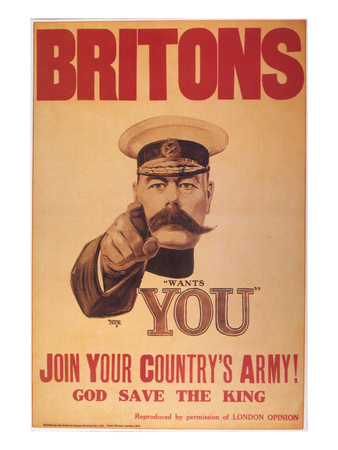

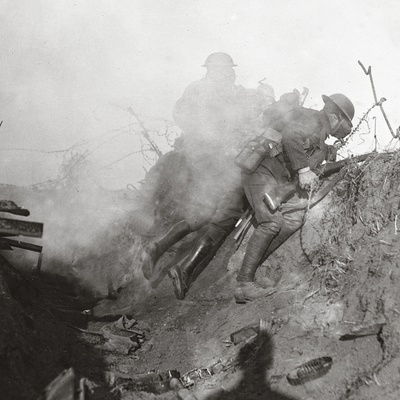

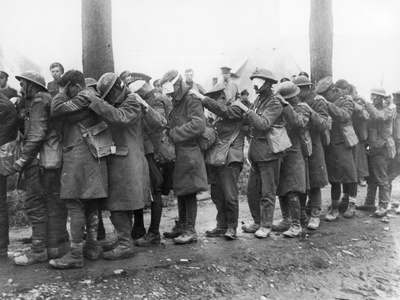
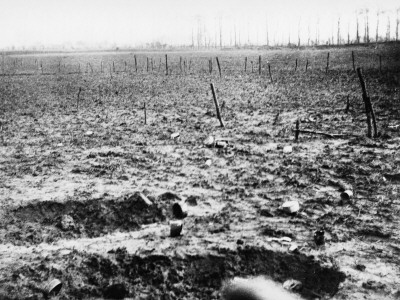



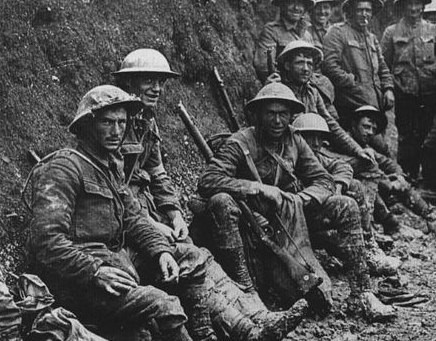
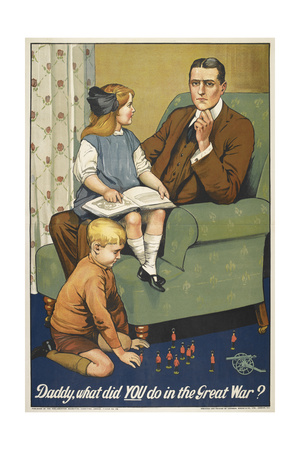
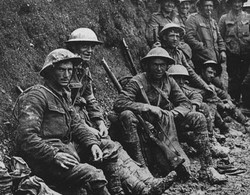

 How to Choose a Walking Cane or Stickon 08/01/2014
How to Choose a Walking Cane or Stickon 08/01/2014
 Michael Miller Fabulous Fabric Swatches for Quilting, Crafts etcon 07/02/2014
Michael Miller Fabulous Fabric Swatches for Quilting, Crafts etcon 07/02/2014
 The Drama of Life in the Rock Poolon 06/08/2014
The Drama of Life in the Rock Poolon 06/08/2014
 The Flâneur - Symbol of Modernity in 19th Century Parison 05/09/2014
The Flâneur - Symbol of Modernity in 19th Century Parison 05/09/2014

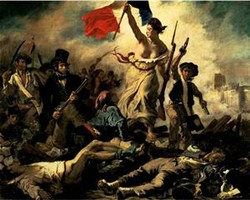
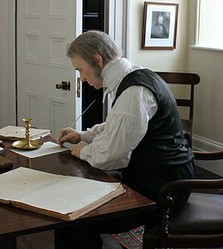
Comments
Hello April - Thank you, I am so glad you liked it! :)
Really moving article, thank you.
Hi Rupert - Yes, it is an amazing play. And I also love the film. That's interesting that you had a role in the play. I worked at the Stratford Theatre Royal for a while in the 1970s. Thanks for you comment. :)
Abby: So glad you found it interesting. :)
In an earlier incarnation as an actor of sorts I had a role in Oh! What a Lovely War. It's a wonderful play and it never loses its appeal for me.
"Far far from Wypers I long to be
Where German snipers can't get at me."
Abby, Tipperary is in Ireland.
This was an interesting read. I always like Its a long way to Tipperary, even thought I have no idea where that is